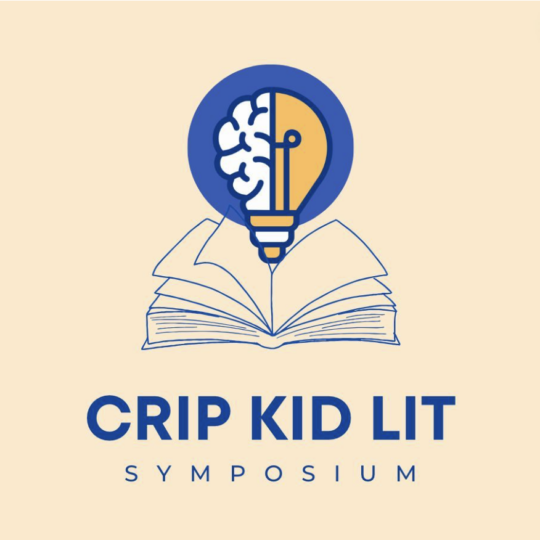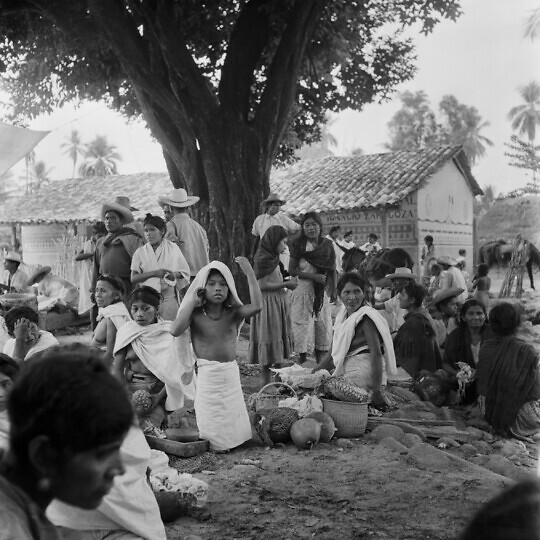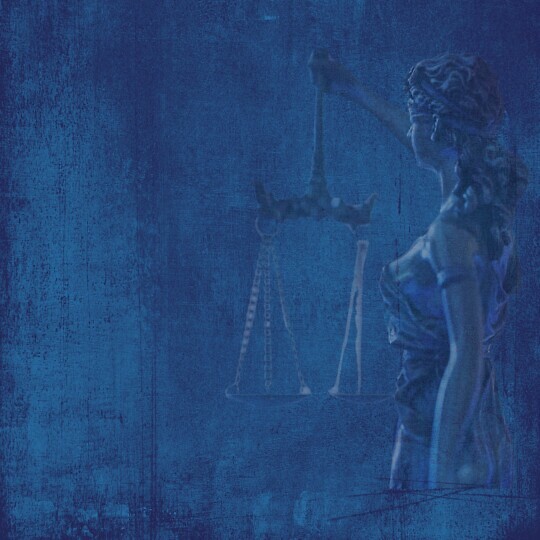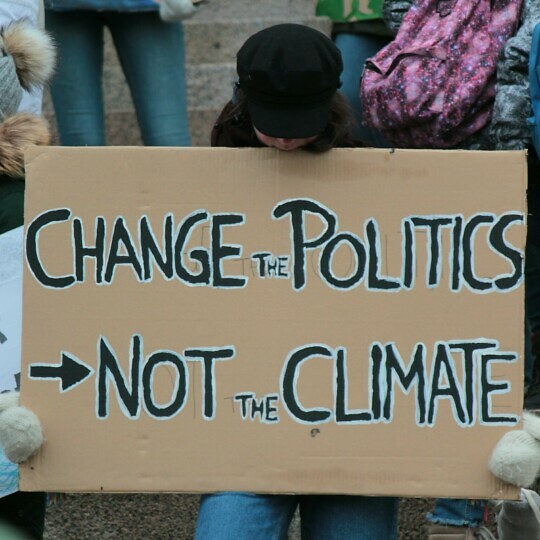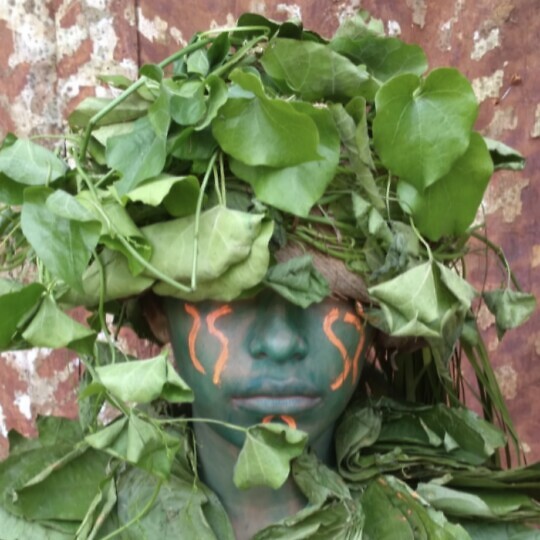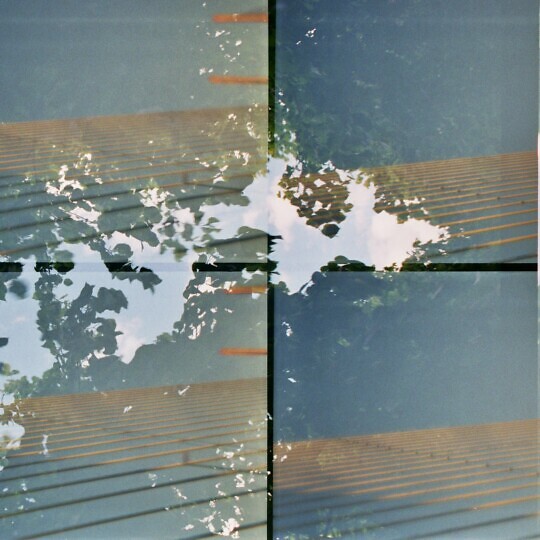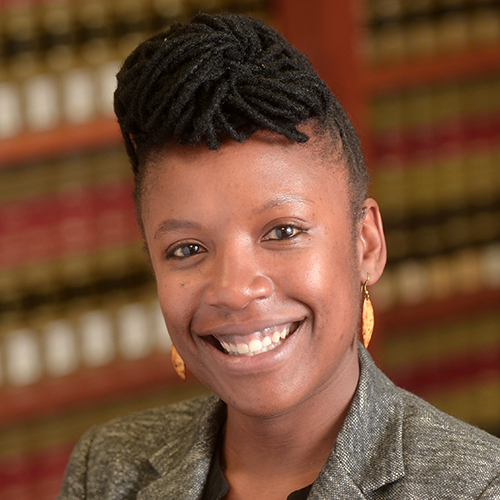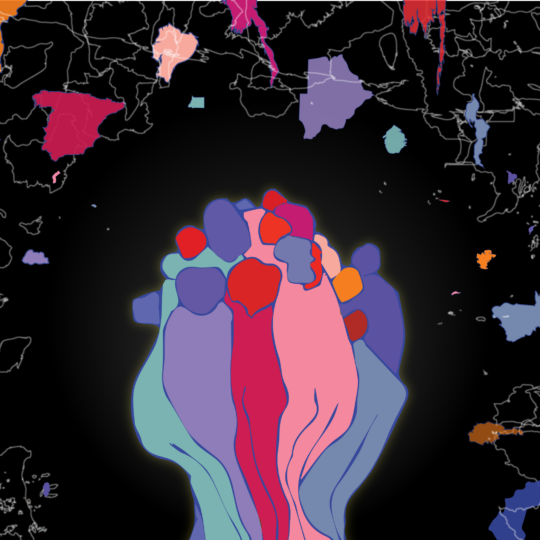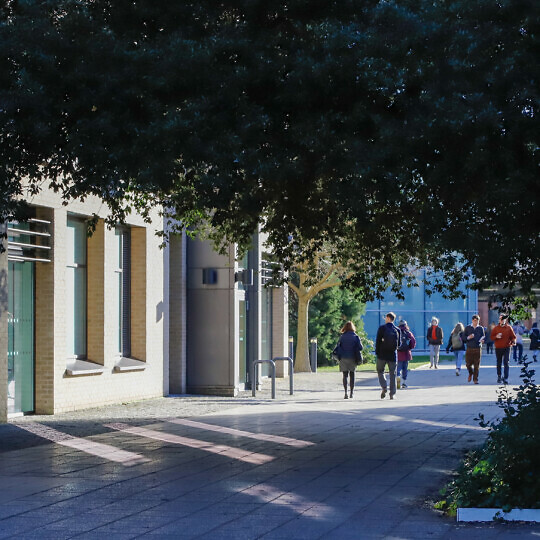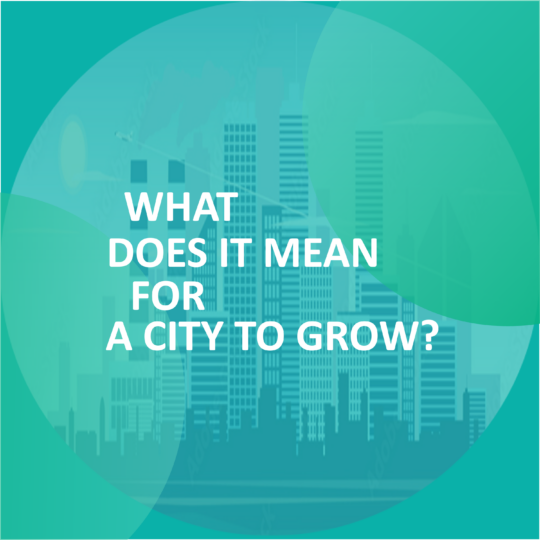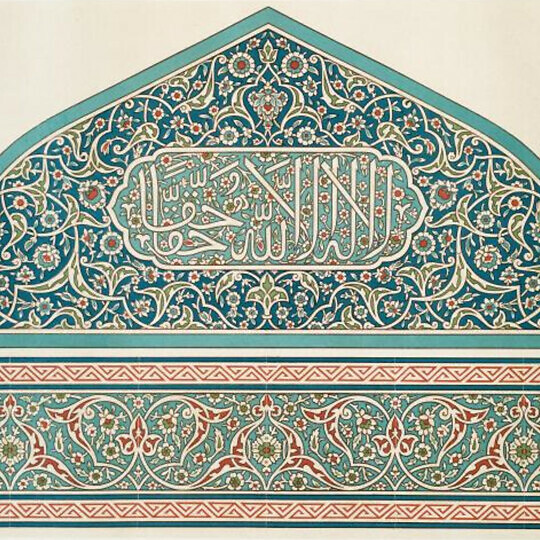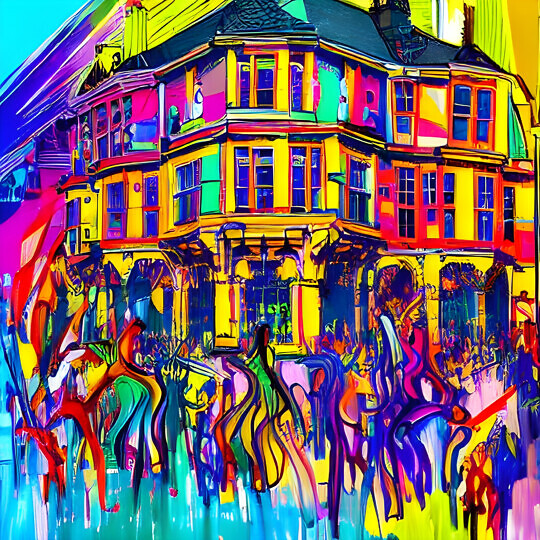| 3 Oct 2019 - 4 Oct 2019 | All day | Room SG2, Alison Richard Building, 7 West Road, Cambridge, CB3 9DT | |
- Description
- Programme
Description
Registration for this conference is now closed.
Please email events@crassh.cam.ac.uk if you would like to be kept informed about the event, or have any other questions.
Convenors
Alison Knight (University of Cambridge)
Daniel Trocmé-Latter (University of Cambridge)
Summary
The religious turmoil of the early modern period saw widespread repression of minority religious groups across Europe, involving degrees of violence that prompted large-scale migration across national borders. Those suffering persecution at home often sought refuge in likeminded nations, yet in striking parallel to the refugee crises of today, migrant groups often faced considerable prejudice within their host nations (if not outright violence). Evidence for such religious prejudice can be found across the continent in a variety of media. By the 1590s in England, for example, domestic reaction to religious refugees came to a violent head, with several anti-alien riots erupting in London. Multiple libels, pamphlets, and tracts directed aggressive language toward religious refugees, accusing foreigners of feigning their religion for the sake of migration, overcrowding the capital, and engaging in illegal trade. In cities across Europe, such as the German Protestant city of Strasbourg, officials had to take disciplinarian approaches to moderating religious violence; according to the early historian of the Reformation, Johann Sleidan, Strasbourg city councillors had to 'command [citizens] to leave others in peace in their churches', at pain of expulsion from the city.
Media of Hate brings together scholars from the fields of early modern literature, religious studies, history, musicology, and art history in order to explore the various media used to communicate and represent discrimination and distrust towards religious minorities across early modern European contexts, from Dutch Protestant and French Huguenot refugees, to Jewish communities, and Catholic recusants. What distinctions, if any, emerge between singing discrimination, painting it, or writing a poem about it? On what were people’s fears fundamentally based (nationality, cultural habits, language)? Is it possible to discern similarities and differences in xenophobic material from country to country? What effect did hate speech have on policy-making and public opinion? Through this conference, we hope to delineate trajectories regarding hate in the early modern public sphere, arguing for the power that media could wield in shaping historical events and policies, as well as the considerable role that popular concerns about foreigners and belonging played in shaping the literature, art, and music of the period.
Sponsors



Supported by the Centre for Research in the Arts, Social Sciences and Humanities (CRASSH), the Society for Renaissance Studies, and the University of Cambridge's Faculty of History.
Administrative assistance: events@crassh.cam.ac.uk
Programme
| Thursday 3 October | |
| 1.00-1.45pm | Registration |
| 1.45-2.00pm | Welcome and opening remarks |
| 2.00-3.30pm | Session 1 Paper 1: Tom Hamilton (History; Durham): Paper 2: Daniel Trocmé-Latter (Musicology; Cambridge): |
| 3.30-4.00pm | Break |
| 4.00-5.30pm | Keynote 1 Alexandra Walsham (History; Cambridge): |
| 5.30-7.00pm | Drinks reception |
| Friday 4 October | |
| 9.00-10.30am | Session 2 Paper 1: Grantley McDonald (Musicology; Vienna): Paper 2: Liesbeth Corens (History; QMUL): |
| 10.30-11.00am | Break |
| 11.00-12.30pm | Keynote 2 Nicholas Thompson (Religious Studies; Auckland): between Sebastian Castellio (1515–1563) and John Calvin (1509–1564)’ |
| 12.30-1.30pm | Lunch |
| 1.30-3.00pm | Session 3 Paper 1: Berthold Kress (History of Art; Warburg Institute):‘Trampling Absent Enemies: Polemical Imagery inMonumental painting’ Paper 2: Debra Strickland (History of Art: Glasgow): |
| 3.00-3.30pm | Break |
| 3.30-5.00pm | Session 4 Paper 1: Alison Knight (Literature; CRASSH, Cambridge):‘Migrant rumours: preaching against hate in 1590s London’ Paper 2: John Gallagher (History; Leeds): |
| 5.00-5.30pm | Closing discussion |

